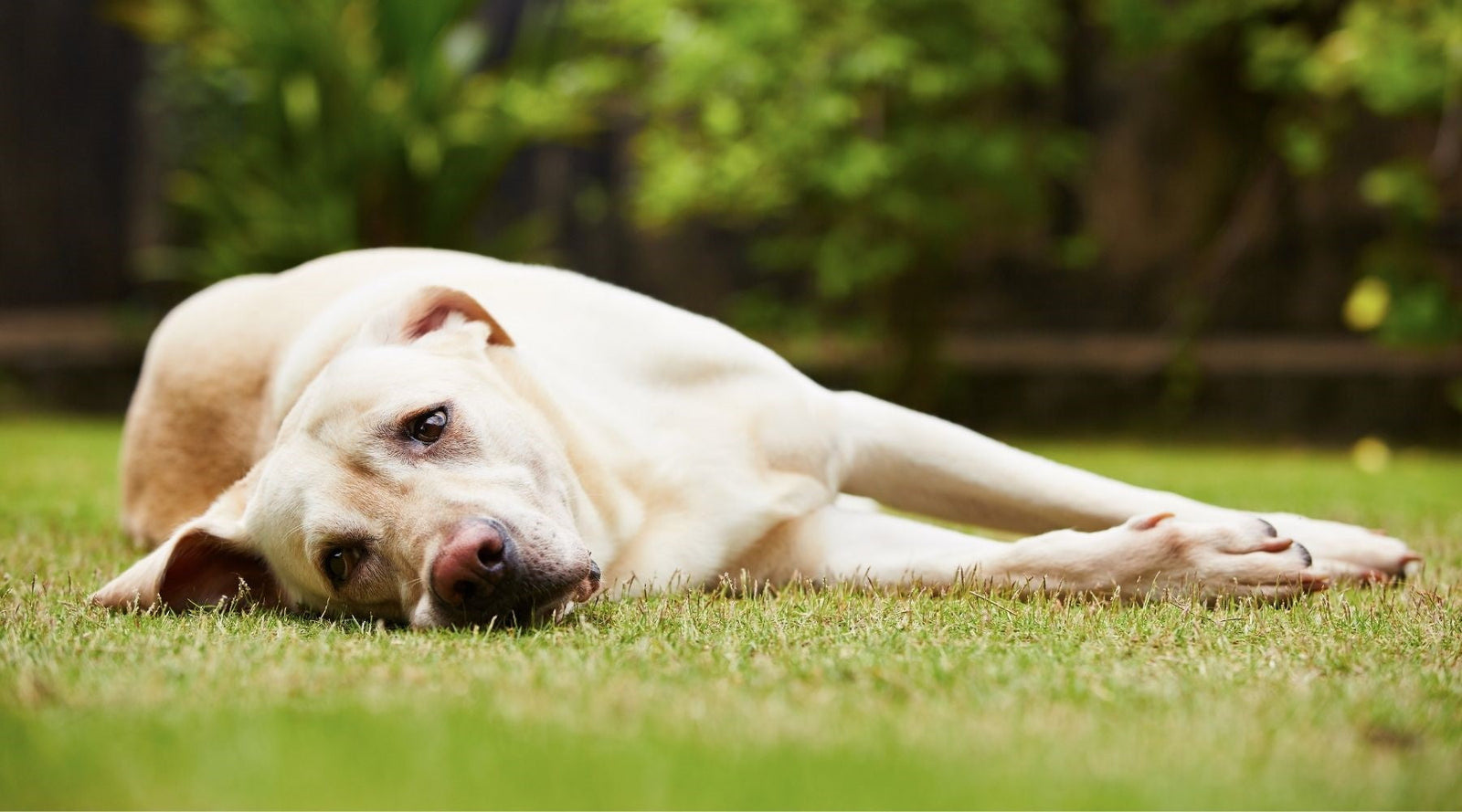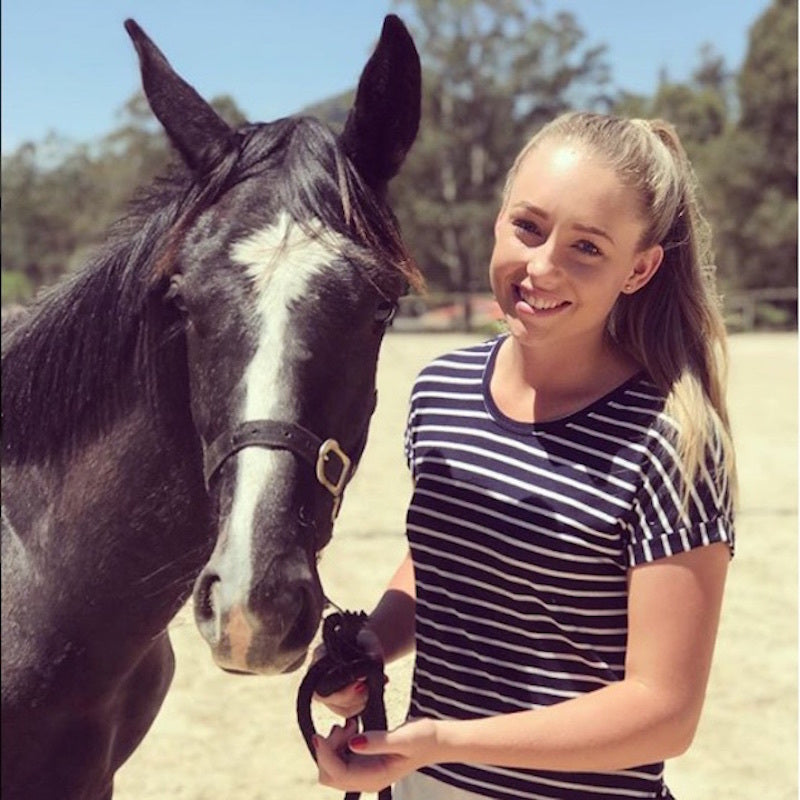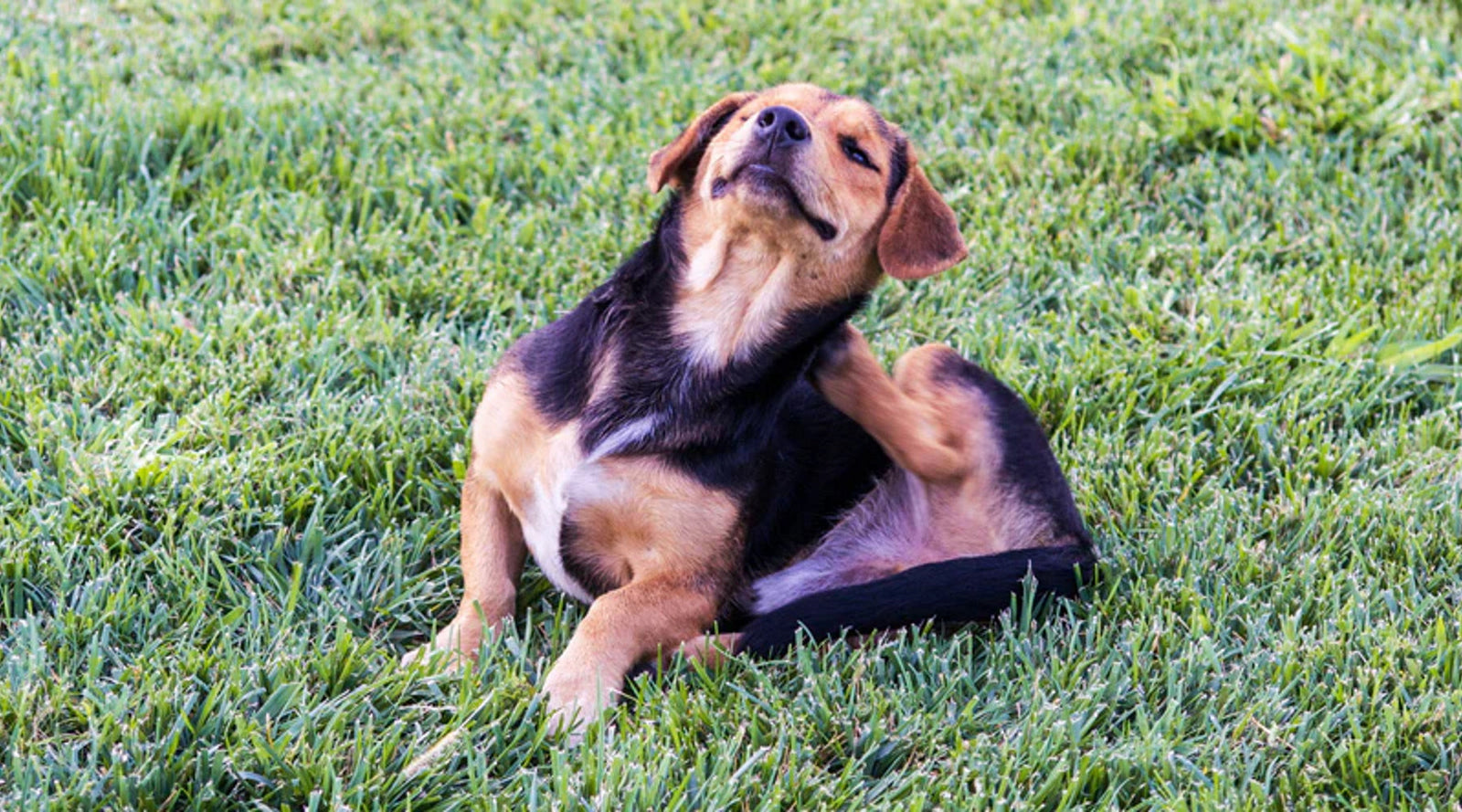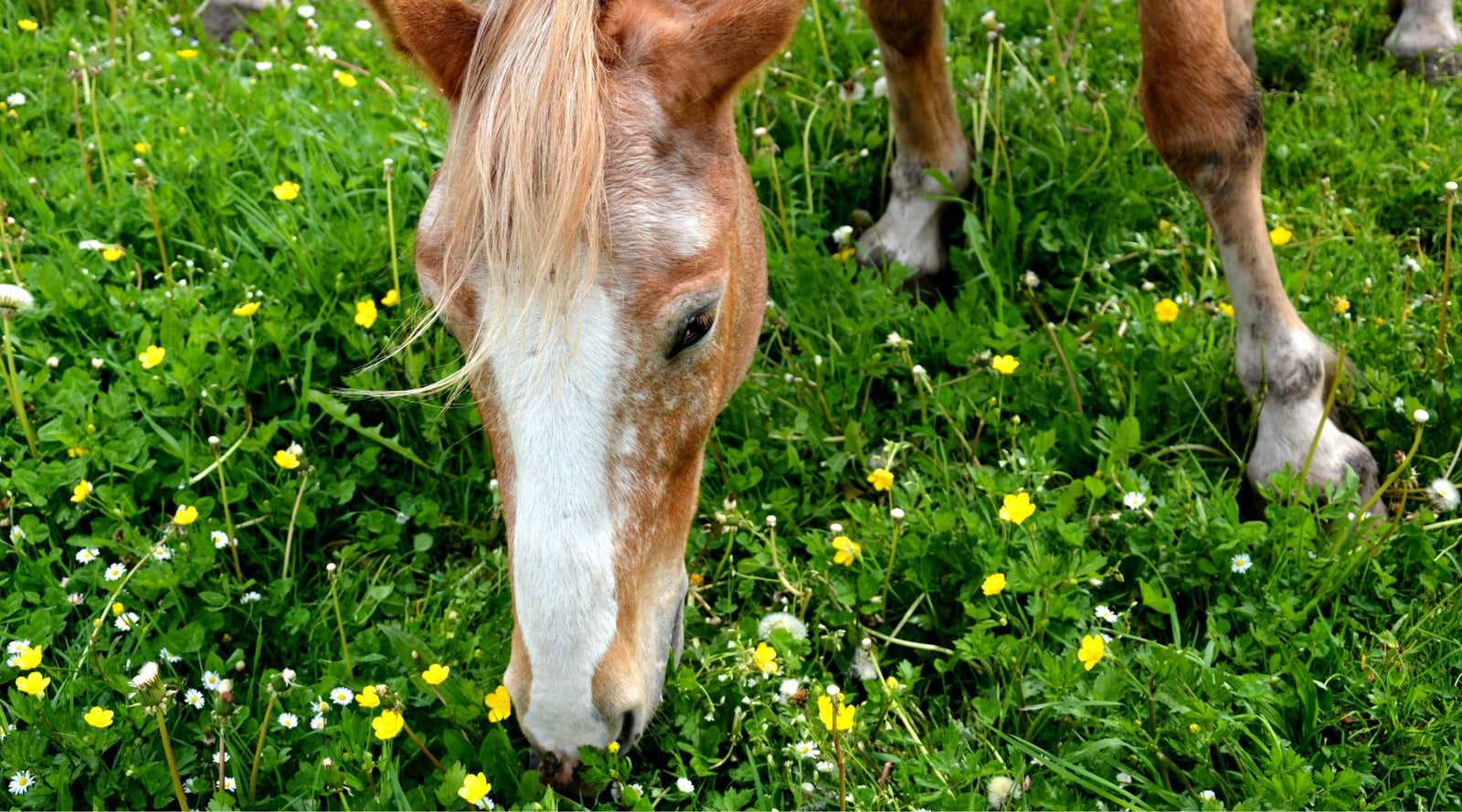Triple Hippo Rewards points are now available on all purchases made before midnight 24th February 2026.
Triple Hippo Rewards points are now available on all purchases made before midnight 24th February 2026.
Horse & Rider
How To Help Animals With Separation Anxiety
by Fiona Lane December 08, 2021

While we humans love going on holiday it can be a really stressful time for our much-loved animals. The new surroundings of a boarding kennel or cattery, the presence of unfamiliar people or the absence of their favourite paddock mate can all be triggers for separation anxiety.
Anxiety can be an issue for animals large and small. In horses, relentless fence walking is often a sign. In dogs, it’s often expressed as barking and howling, destroying furniture and household items, or the development obsessive-compulsive disorders such as licking or chewing paws. In all animals, withdrawing, seeming depressed and not eating or drinking can be signs that all is not well.
Separation Anxiety in Pets
Whether your pet is staying home or going to a kennel or cattery, giving them something that smells of you – such as an item of clothing you’ve recently worn or slept in, or a favourite toy – can be helpful.
Our range of calming remedies can also help to manage separation anxiety. They’re given orally – either on food, on a treat or in the water bowl where your pet can be topped up with a dose every time they drink. Oral dosing also makes it super easy for a kennel manager or house sitter to administer.
BioPet Feeling Lonely calms and provides support for feelings of grief or abandonment, so it’s perfect for managing anxiety in dogs or cats while you are away. It can also be used for helping animals that are leaving their littermates, moving or being rehomed, or to help them cope with the loss of a family member – either a human or another pet.
BioPet Relax is a general calming remedy for mild to moderate separation anxiety. This versatile remedy can help with boredom too, reducing the likelihood of idle paws getting up to no good.
Separation Anxiety in Horses
Horses are herd animals and so like to have company, whether it’s another horse or an animal such as a sheep, goat or a cow. Some horses get very attached to their paddock mate and become stressed and anxious when that mate goes away for whatever reason – whether it’s off for a ride, off to a show or moved to another area to graze.
Providing a paddock toy – such as an exercise ball or tyre – can help, or you can try our range of natural calming remedies.
Chilled Out Horse is a feel-good product that calms without sedating. This remedy can be dosed in the water trough so your horse gets a top up dose every time they drink. It’s safe for daily long-term use, competition and racing safe and suitable for use in a shared trough.
Separation Anxiety Equine is a stronger remedy that is dosed straight into the mouth or given on a treat, rather than dosed via the water trough. It works quickly, so the first dose can be given half an hour before the separation occurs, with a second dose at the time of separation if needed.
More Calming Remedies
We’ve got lots of other remedies or calming and managing issues with behaviour for both pets and horses.
General Disclaimer: Always follow dosing instructions. Our remedies are formulated to support the natural immune system of horses, pets, livestock, and people. We do not claim to treat, medicate, or cure any health conditions. If you are worried an animal may be in pain or suffering, please contact your veterinarian.




